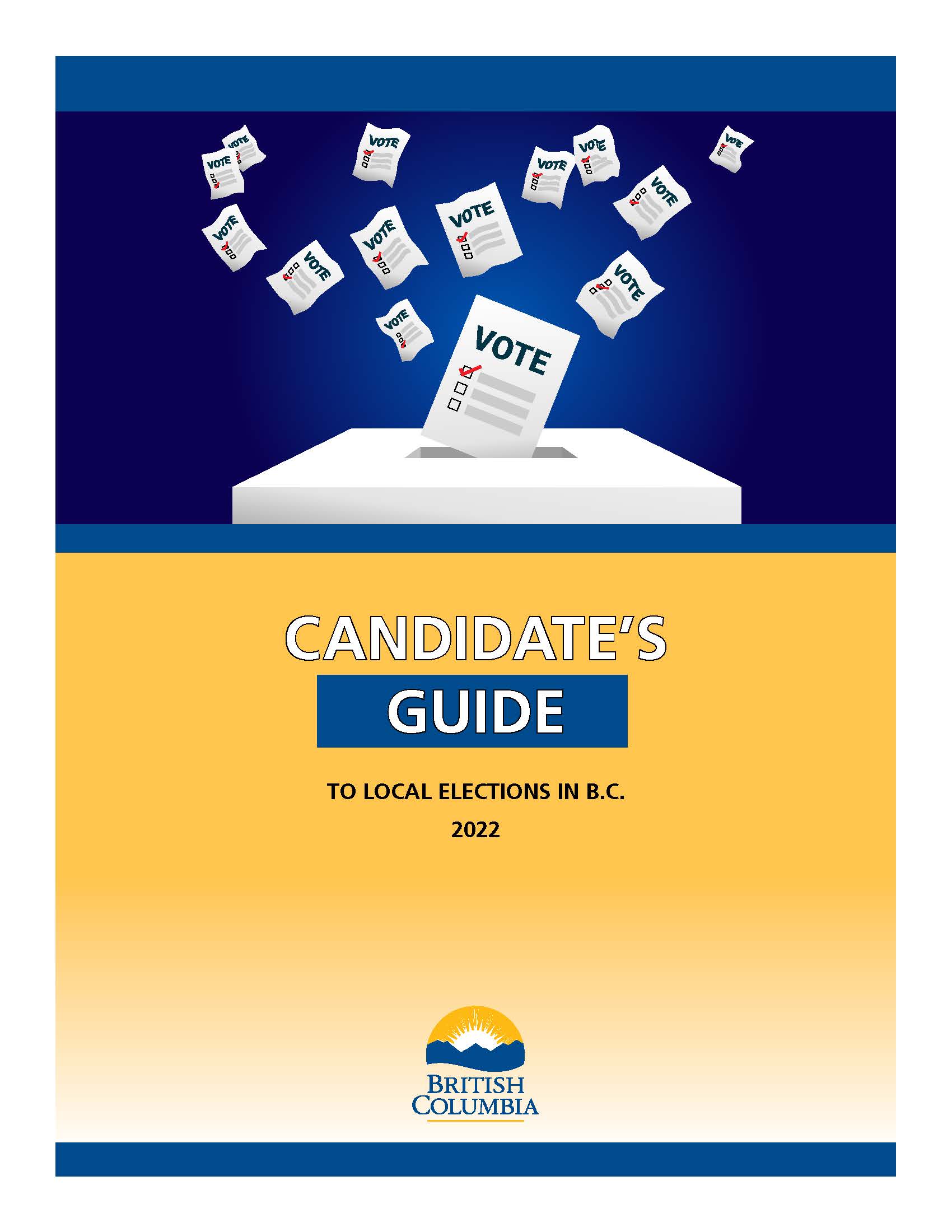Election campaigns
An election campaign is a connected series of actions (such as public speeches, canvassing, phoning voters, holding events and advertising) designed to elect a candidate or a group of candidates to an elected office.
Typically, an election campaign involves communicating with the electorate, through:
- Public appearances and speeches
- Canvassing and door-knocking
- Advertisements on television, radio, the Internet, in newspapers and magazines
- Social media (for example, Facebook, Twitter, YouTube)
- Brochures, signs, posters, billboards
- Mail inserts and newsletters
- Bumper stickers, buttons and displays and/or exhibitions
Candidates each direct their own separate election campaign during local elections; however, a candidate endorsed by an elector organization may decide not to run their own election campaign and instead rely solely on the elector organization to run campaign activities on the candidate’s behalf.
Alternatively, a candidate and an elector organization may agree to run complementary campaigns in which both the candidate and the elector organization undertake election campaign activities designed to elect that candidate within a specific local government.
In some cases, a group of candidates who are not endorsed by an elector organization may choose to work together to share costs.
Canvassing
Candidates and campaign volunteers may canvass door-to-door throughout the community in order to raise awareness of the candidate or elector organization and their election platform, identify issues of importance to electors and determine the level of elector support for a given candidate.
Cooperatives, strata and rental properties are required to grant reasonable access to distribute candidate information from 9:00 a.m. to 9:00 p.m. local time during the campaign period. Government-issued photo ID and proof of candidacy, or written authorization to canvass on behalf of a candidate, must be made available upon request when canvassing in a cooperative, strata or rental property.
Election advertising
Advertising is a key component in most local election campaigns. Candidates and elector organizations may use print, radio, television, the Internet, social media or other forms of advertising to promote or oppose candidates, elector organizations or points of view during an election campaign.
Generally, candidates, elector organizations and third party sponsors must not sponsor (or agree to sponsor) or transmit election advertising on general voting day. Exceptions to this rule include:
- Advertising on the Internet, as long as the advertising was transmitted to the public before general voting day and was not changed before being transmitted on general voting day
- Advertising by means of signs, posters, or banners
- Distributing pamphlets
- Advertising that expressly encourages people to "get out and vote"
Election advertising and campaigning of any sort is prohibited within 100 metres of a voting place during voting proceedings. This includes displaying signs, posters, flyers, bumper stickers on vehicles parked outside the voting place, badges worn by supporters, canvassing or soliciting votes, or otherwise trying to influence electors to vote for a particular candidate.
There are legislated election advertising requirements, such as requiring sponsorship information on all election advertising during the pre-campaign and campaign period that apply to candidates, elector organizations and third party sponsors. Failure to comply could result in penalties.
Voters list
Each candidate is entitled to one free copy of a list of registered electors (voters list) if one is used by the local government.
Before receiving a copy of the list, the candidate must agree in writing that the list will only be used for the purposes of the election, such as canvassing, flyer distribution or calling eligible voters to remind them to vote. The list must be returned to the local government or destroyed following general local elections or a by-election.
Learn more about being a candidate for locally elected office.
Guidance and resources
Elections BC
Contact information
Contact us if you have legislative questions about general local elections.
250 387-4020
1 800 663-7867


